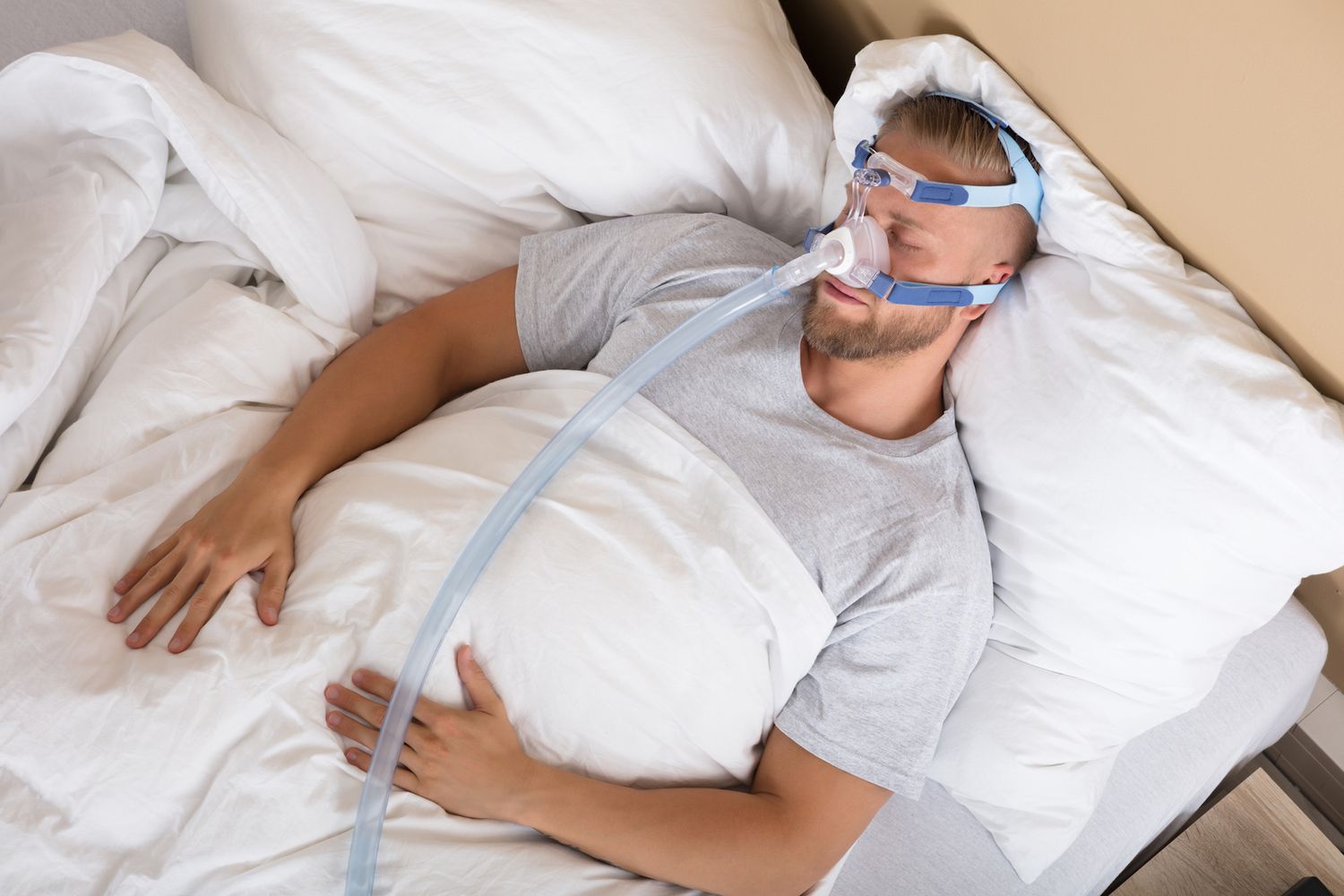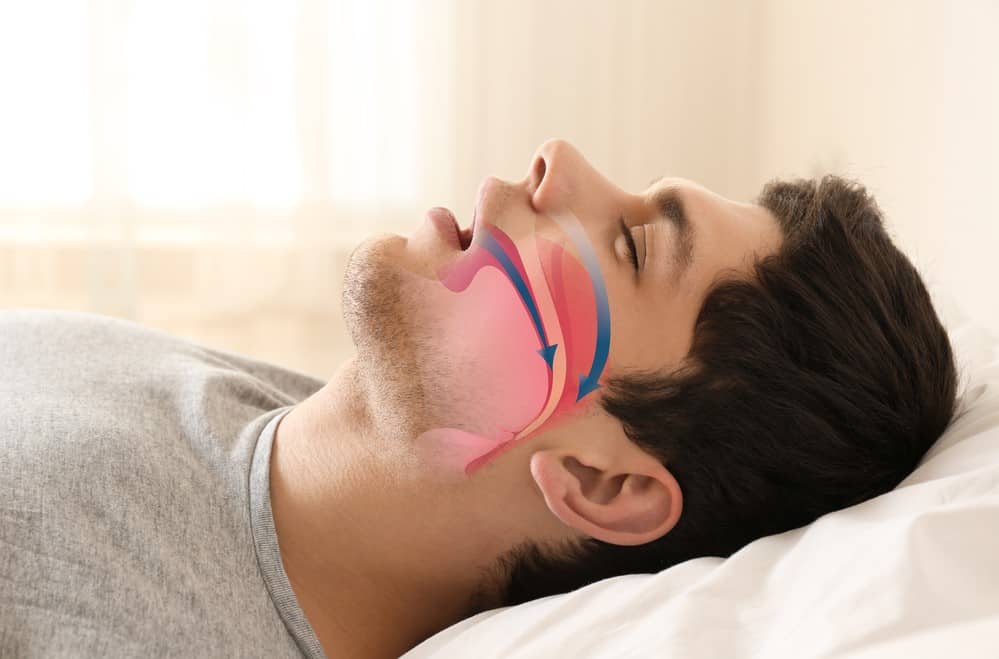Sleep apnea is a disorder that causes you to stop breathing while asleep. Your brain tries to protect you by waking you up enough to breathe, but this prevents restful, healthy sleep. Over time, this condition can cause serious complications. However, this condition is often very manageable, especially with close adherence to prescribed treatments.
Sleep apnea is a common sleep disorder that affects millions of people worldwide. It is characterized by repeated pauses in breathing or shallow breaths during sleep, which can lead to a decrease in oxygen levels in the body and disrupt normal sleep patterns.
The two main types of sleep apnea are:
1. Obstructive Sleep Apnea (OSA): This is the most common type of sleep apnea and occurs when the airway becomes blocked or partially blocked during sleep, usually due to relaxation of the muscles in the throat.
2. Central Sleep Apnea (CSA): This type of sleep apnea occurs when the brain fails to send the proper signals to the muscles that control breathing during sleep.
The symptoms of sleep apnea include loud snoring, gasping or choking during sleep, morning headaches, daytime fatigue or sleepiness, irritability, and difficulty concentrating.
The treatment for sleep apnea may include lifestyle changes such as losing weight, avoiding alcohol and sedatives before bed, and sleeping on your side instead of your back. Continuous Positive Airway Pressure (CPAP) therapy is also a common treatment for sleep apnea, which involves wearing a mask that delivers a continuous flow of air to keep the airway open during sleep.
Other treatments may include oral appliances that help keep the airway open, surgery to remove or shrink excess tissue in the throat, and positional therapy to encourage sleeping on one's side.
It's important to consult with a sleep specialist if you suspect you have sleep apnea, as untreated sleep apnea can lead to serious health problems such as high blood pressure, heart disease, and stroke. The specialist can help you determine the cause of your sleep apnea and develop a personalized treatment plan to help manage your symptoms and improve your quality of life.

